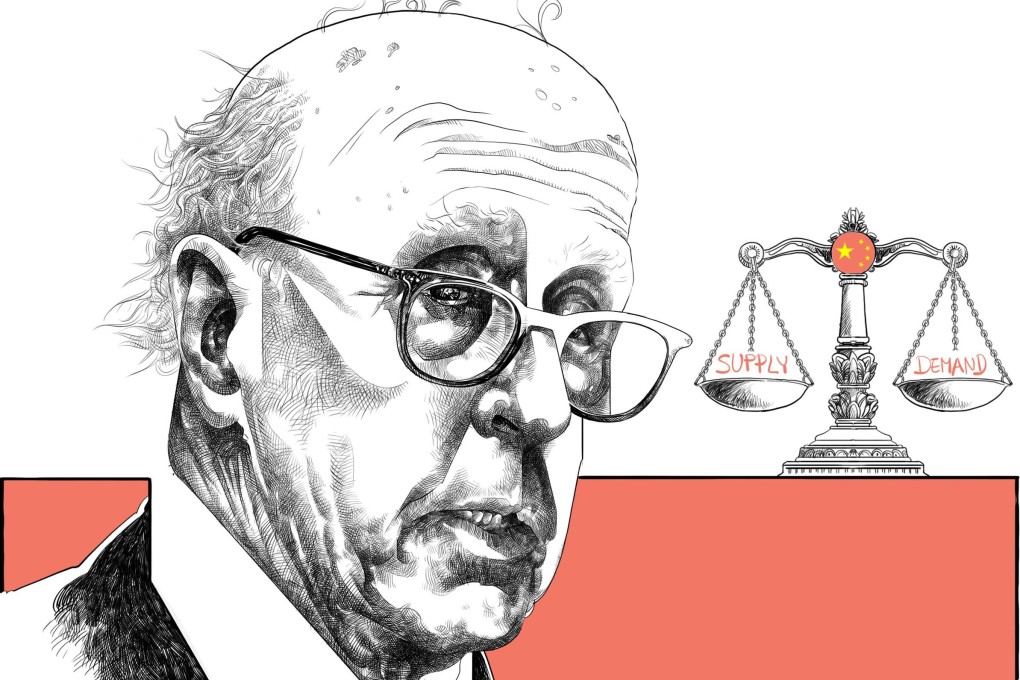Open Questions | Stephen Roach on how Beijing can right its economic course and the US’ big China ‘blunder’
Economist Stephen Roach sees productivity and household consumption as critical for future growth, calls out US for green tech ‘hypocrisy’

You have paid close attention to the third plenums in China and know their significance to China’s economic future. There have been years of calls for “structural reforms” as China aims to advance into high-quality growth. Looking back, what do you think have been the hits and misses in terms of economic reform?
I initially was very excited about the significant number of reforms that came out of the third plenum of the 18th Central Committee in November 2013. It was President Xi Jinping’s first real major effort to formulate policies and reforms that we thought would lead to major structural shifts in the Chinese economy.
Now, nearly 11 years later, I would have to say that while the Chinese economy has progressed on many fronts, the implementation of those reforms has been disappointing.
I think the critique that was raised by former Premier Wen Jiabao in March of 2007 – when he warned that the Chinese economy, while strong on the surface, was “unstable, unbalanced, uncoordinated and unsustainable” – those issues remain unresolved. In particular, I think failure of the third plenum of November 2013 was more on the structure of the demand side – the incredibly low level of household consumption as a share of GDP. That has not been addressed and that remains an enduring problem for China’s structural reform imperatives.
What, then, do you think have been meaningful structural changes?
